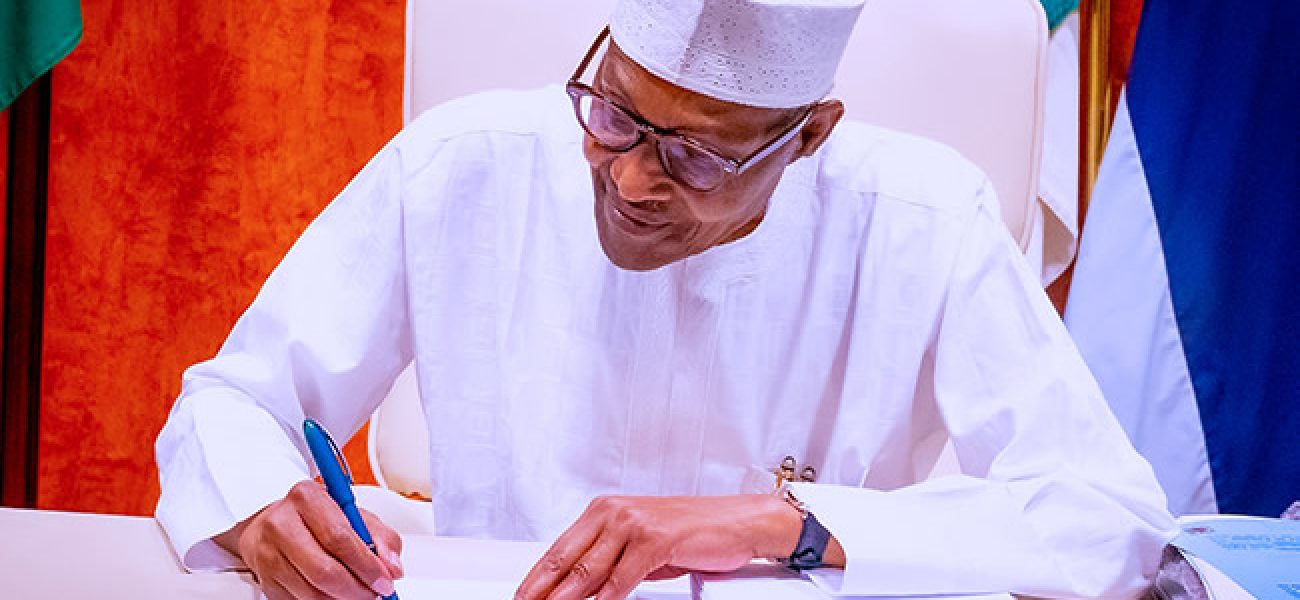On 19th November 2021, the National Assembly transmitted the Electoral Bill passed by it, to the President, for assent. The Nigerian Constitution requires him to sign any bill transmitted to him within 30 days. It means therefore, that the President has until 19th December 2021 to sign the bill or issue a veto. Nigerians are beginning to be worried that nearly halfway into the 30-day period, the President is yet to sign the bill. The Electoral Bill has several provisions that commend it for signing, including the provisions that smoothen and clarify election operations and also introduce the use of technology for conduct of elections, including for transmission of results. The Electoral Bill 2021, when assented to, will repeal and replace the existing Electoral Act 2010 with its several amendments. In 2018, President Buhari had refused to sign amendments made to the 2010 Electoral Act, giving the excuse that it was passed too close to the elections. This time, elections are set for February 2023, more than a year away. The Independent National Electoral Commission (INEC) has indicated that it is anxious to receive the passed Electoral Act so that it can firm up preparations for the elections. The President has received calls from across the country – from civil society organisations (CSOs), the National Assembly, religious leaders and other stakeholders to sign the Electoral Bill, 2021. A few governors have expressed some opposition to a particular clause in the Electoral Bill – clause 85, which stipulates direct primaries as the mode of selection of candidates for elections. National Assembly members insist that the said clause was passed to allow for grassroots participation in the selection of candidates. They accuse governors of arbitrary imposition of candidates using state resources to pay delegates under the indirect primary system to select candidates of the governors’ choice. Legislators argue that members of political parties voting within their constituencies will enable grassroots participation and avoid undue interference and dictation by the governors. What is clear however, is that it is the President’s choice on whether to sign the Electoral Bill or not. It will be difficult for him to again, come up with another excuse for not signing the Electoral Bill that will help prepare for the next elections. Indeed, observers posit that were he to fail to sign the Electoral Bill 2021, the country could face serious crisis with its 2023 elections and the President will be held responsible for the likely fiasco.

